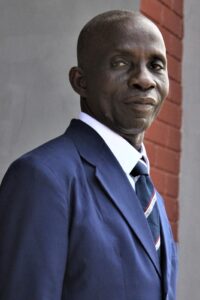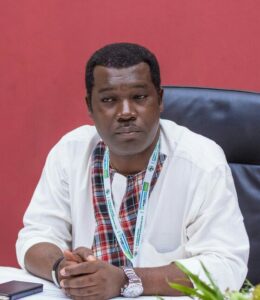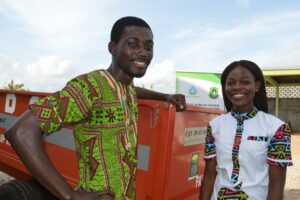Excellent Science and Advocacy by ACEGID (Nigeria) & Partners sees the World Health Organisation (WHO) agreeing to rename Monkeypox
Written By Mrs Felicia Nkrumah Kuagbedzi
The Africa Centre of Excellence for Genomics of Infectious Diseases in Nigeria (ACEGID, Redeemer’s University) has since June 2022 been leading a team of scientists from Africa and beyond to advocate for the renaming of the Monkeypox virus by the World Health Organisation. This advocacy was rooted in the need to counter discrimination and stigmatization of Africa after recent global outbreaks of the Monkeypox disease proved that the disease had no clear link to Africa, yet the current classification of the two types of recognized Monkeypox variants (clades), bear names which are traced to Africa – that is the ‘West African’ clade and the ‘Central African Clade, also known as the ‘Congo Basin’ Clade. It is expected that the renaming exercise will align with best practices and help to eliminate racism, discrimination and stigmatisation.
In a scientific publication, Professor Christian Happi, the Centre Leader of ACEGID, and the rest of the scientists explained that references to the 2022 outbreak as belonging to the “West African” or “Western African” clade/strain is inaccurate, given that the origin of the current global outbreak is still unknown. Besides, the naming of diseases after the geographical locations where they were first detected is in contrast with the best practice of avoiding geographic locations in the nomenclature of diseases and disease groups as outlined in the WHO’s Guidelines for the naming of infectious diseases.
The scientists succeeded through their position paper to call on WHO to adopt a novel classification/name that is “non-discriminatory and non-stigmatizing and aligned with best practices in the naming of infectious diseases in a way that minimizes unnecessary negative impacts on nations, geographic regions, economies and people, as well as considers the evolution and spread of the virus”. The recent example of naming adopted for SARs-CoV-2 (COVID-19), is cited as being a good example to follow.
WHO indicates that between January 1 and June 22 this year, 3413 laboratory-confirmed cases and one death have been reported to the organisation from 50 countries. It states that the majority of laboratory confirmed cases which have been reported are from the WHO European Region (86%), while the African Region (2%), Americas (11%), Eastern Mediterranean Region (less than 1%) and Western Pacific Region (less than 1%) have also recorded cases.
Despite Africa recording a very small percentage of cases, the scientists engaged in the advocacy explained that ‘the prevailing perception by the international media is that the disease is endemic in people in some African countries”. Professor Happi and team referenced the use of photos of African patients to portray the disease as a clear example of this perception. This is further corroborated by a statement issued by the Foreign Press Association, calling on the global media to desist from the usage of images of Africans to depict the outbreak of the disease in Europe.
The scientific research, high-quality publication, and advocacy by ACEGID and their collaborating partners and researchers can be said to have paid off as WHO announced that it is “working with partners and experts from around the world to change the name of the monkeypox virus, its clades and the disease it causes.”
In a separate interview granted by Prof. Happi to a News Media, he called on all relevant stakeholders to collaborate and work even more closely to contain the virus “as we live in a globalised world” wheere an infectious disease that breaks out in the farthest corner of the world could appear in the World’s busiest capitals and metropolitans within 36 hours
He also called for the same level of attention and global enthusiasm to combat the virus, stating that “paying attention to disease wherever it happens benefits everyone,” he added in an interview with the Washington Post.
ACEGID is one of the 53 Africa Centres of Excellence under the ACE Impact Project. Through the Africa Centres of Excellence for Development Impact Project (ACE Impact), scientists like Prof. Christian Happi and many others have been empowered to be Africa’s leading voices on key issues concerning the five thematic subject areas of the Project – Health, Agriculture, STEM, Environment, Applied Social Science & Education.
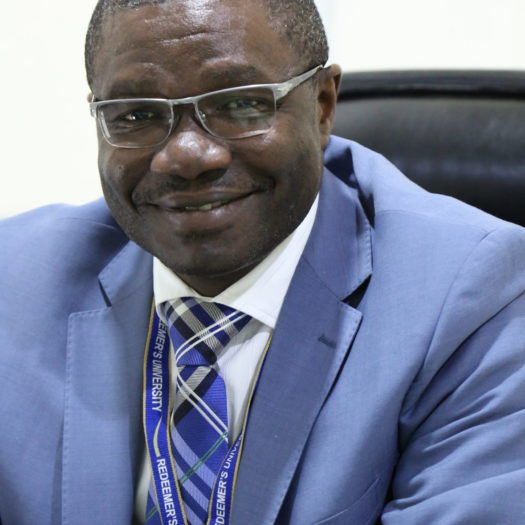
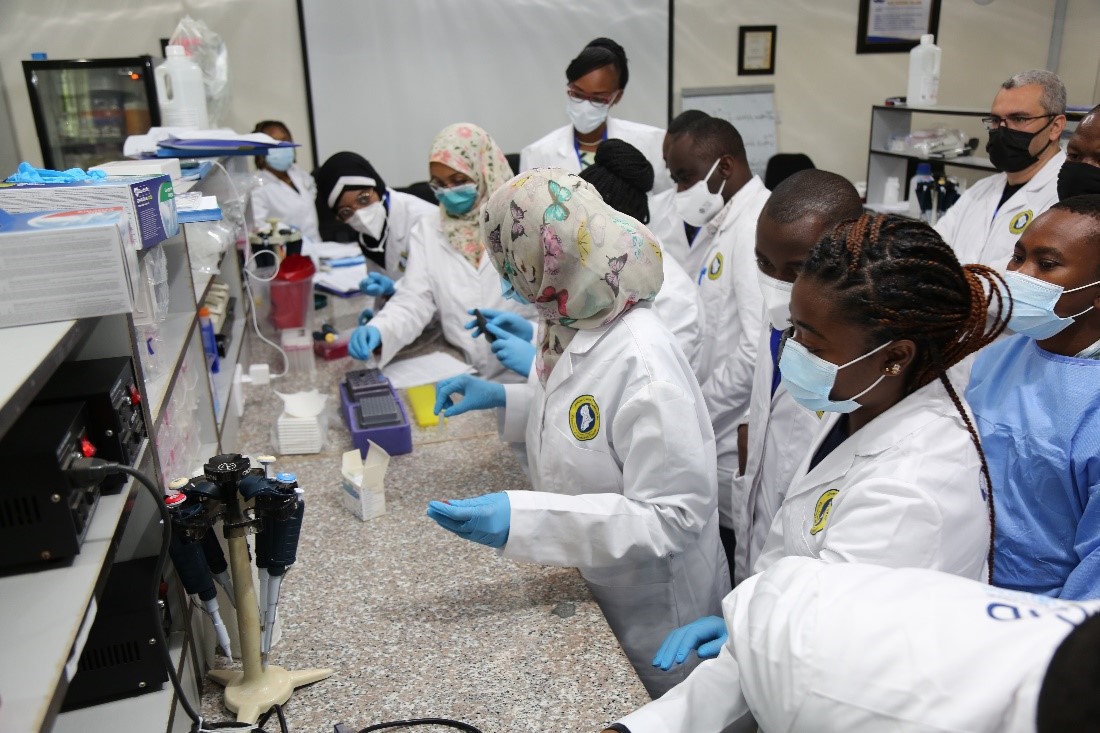
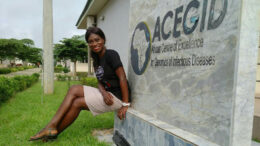
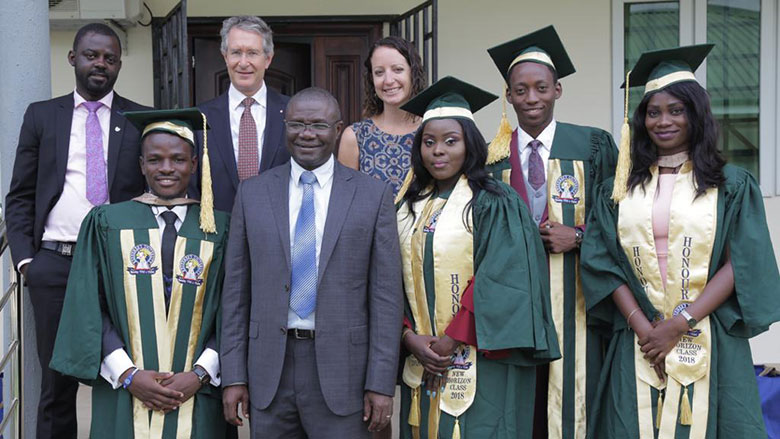
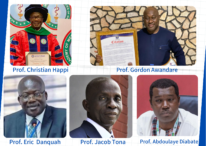
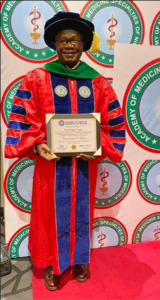
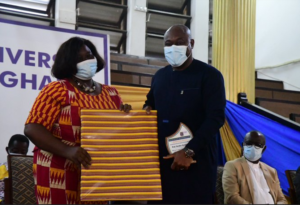
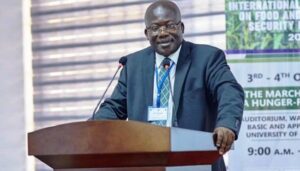 Similarly, Prof. Eric Y. Danquah of the West Africa Centre for Crop Improvement
Similarly, Prof. Eric Y. Danquah of the West Africa Centre for Crop Improvement